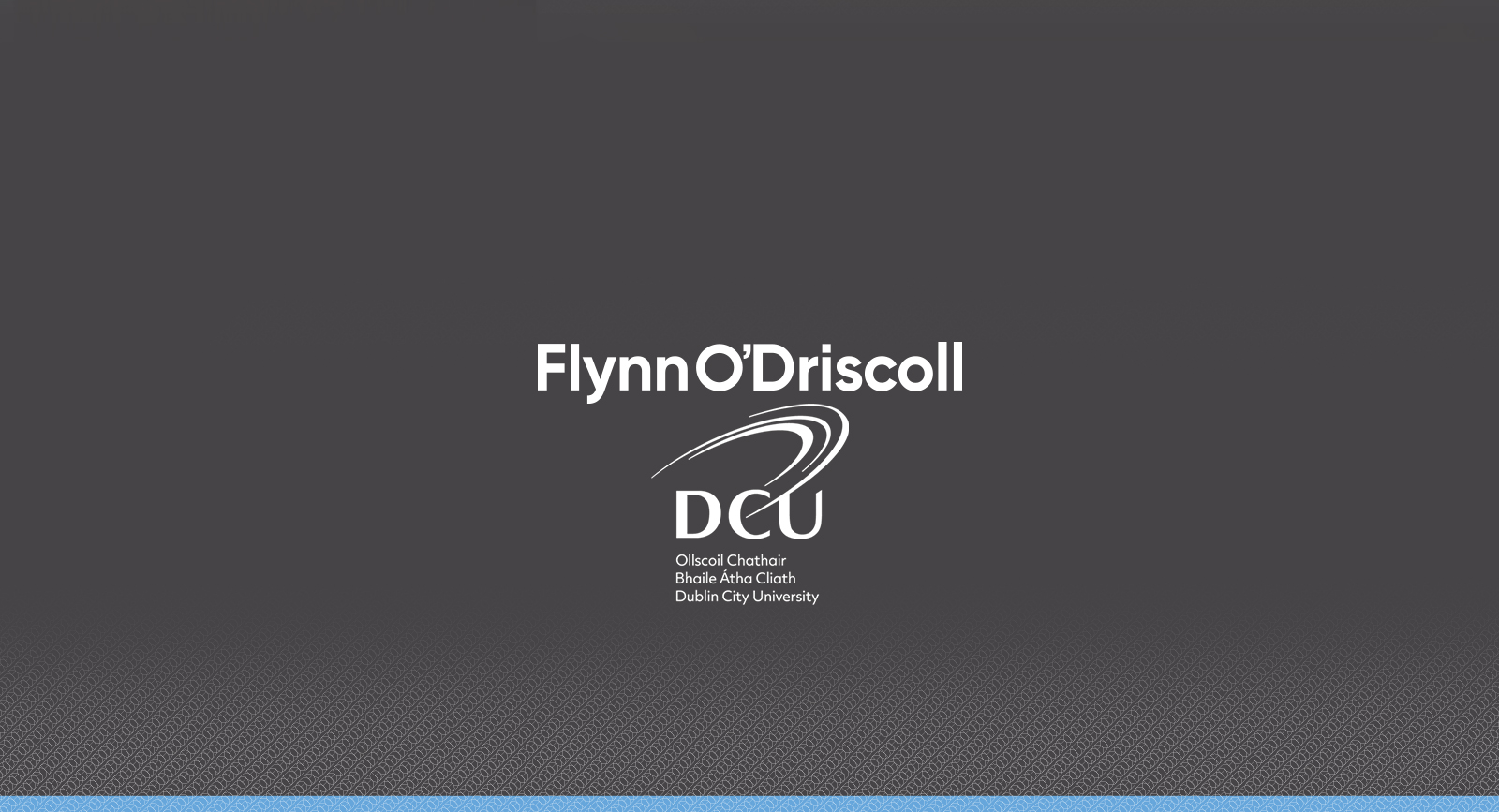In light of the outbreak of the coronavirus COVID-19 and the impact it has had on businesses globally, many companies are now faced with a situation where they are no longer able to perform their contractual obligations due to various government restrictions, lack of supply, or some other form of disruption. The effect of such non-performance could result in actions against the companies for breach of contract and/or termination.
Introduction
It is of utmost importance for any company that is, or may soon be, unable to perform its contractual obligations to review its contracts as soon as possible, in particular, in respect of force majeure provisions. Equally, contingency planning with its key suppliers will be important to help ensure continuity of supply (whether directly or as step-in rights) and, where possible, to minimise disruption.
Force Majeure
Force majeure provisions usually form part of commercial agreements. They cannot be implied – they must be express. Their purpose is to apportion the risk in circumstances where one or more of the contracting parties are unable to fulfil certain contractual obligations due to unforeseeable events outside of their control. If the force majeure clause is successfully invoked, the affected obligations will be suspended until the force majeure event ends. While the contract will remain in force, force majeure clauses typically provide that either or any of the contracting parties may terminate the contract in its entirety if the force majeure event lasts for a particular period of time.
The comments in this article are of a very general nature. Each case will turn on its own facts ie the wording of the Force majeure clause and the precise circumstances in which the clause is invoked will need to be carefully analysed.
COVID-19 Considerations
Firstly, the question arises whether COVID-19 could be capable of being considered a force majeure event. A lot will depend on the drafting of the clause itself. Simple “Act of God” or “unforeseeable events” drafting may not be sufficient to cover COVID-19, however, if the clause contains provisions for a public health emergency, pandemic and/or governmental restrictions, COVID-19 may fall within such description. It should be remembered that, if a dispute arises as to interpretation of the clause, Irish courts would usually take a very narrow, strict approach.
Secondly, the party who wishes to invoke the force majeure clause will have to prove a direct causal link between COVID-19 and its impossibility to perform the obligations. Obligations that have simply become more difficult or more expensive to perform are unlikely to fall within the scope of a force majeure clause.
Furthermore, it should be borne in mind that the affected party generally has an obligation to take all reasonable steps to mitigate the consequences of the force majeure event.
Notice
Any force majeure clauses would typically include a requirement of a written notice. This provision will have to be closely examined, in particular, in terms of timeframes as to when such notice must be served on the other contracting party or parties. It is of crucial importance, as provision of notice would usually be a condition to successful invocation of the force majeure clause.
Effect
Depending on the drafting of each clause, typical reliefs available to the affected party would include suspension of its obligation for the duration of the force majeure event. Furthermore, termination of the contract would often be allowed if the force majeure event continues for a certain period of time. The force majeure clause may also provide for who would bear the costs arising from the delay.
Disputes
The force majeure clause itself or the factual or legal basis upon which it is exercised or relied upon may become a matter of dispute which, if unresolved, will have to be determined by the Courts unless the parties have agreed alternative dispute resolution procedures. A Court will also construe the clause narrowly. In circumstances where the Courts may soon operate on a limited basis with limited scope for urgent applications and where a wave of force majeure and COVID-19 related claims may be occur, it would be as best to analyse the litigation risks of potential disputes at an early stage to be forewarned and to take appropriate action as quickly as possible.
Doctrine of Frustration
In circumstances where a commercial contract does not include force majeure provisions or if COVID-19 falls outside the scope of those provisions, the party may be able to rely on the doctrine of frustration. Under Irish law, the doctrine of frustration allows a party to be relieved from its contractual obligations if the frustrating event is outside of the control of the contracting parties and renders the performance of that contract impossible. The threshold for a successful frustration claim is however very high. The contract will not be set aside if the performance of the obligation is merely more difficult, expensive or time consuming. If the contract is discharged by frustration it comes to an end and the parties will be relieved from all obligations which had not matured at the time of the frustrating event. The parties will still be liable for any obligations that had already matured.
RECOMMENDED STEPS:
• Identify contracts where ability to perform the obligations thereunder are or may be affected by COVID-19, including key supply contracts;
• Have those contracts reviewed in respect of notice, timing, force majeure and termination provisions, as well as any other dispute resolution provisions that may be applicable and, depending on the contract, any temporary or other manufacturing step-in rights and/or access to technologies, code or other intellectual property under escrow or otherwise;
• Ensure that any amendments or side letters are also complied with and reviewed;
• Take all reasonable steps to mitigate the risks.
Conclusion
If you have any queries or concerns, or would like to discuss the foregoing in further detail, please feel free to contact your key contact in Flynn O’Driscoll.
This note is for general information purposes Legal advice must be obtained for all individual circumstances. While every effort has been made to ensure the accuracy of this note, no liability is accepted by the author or Flynn O’Driscoll for any inaccuracies.
[smartslider3 slider="59"]
About The Authors

James Duggan
In James’ early career he practiced as a Chartered Company Secretary; James has built upon this experience and as a Solicitor has developed a specific expertise in tax driven corporate restructuring and succession planning for family businesses......

Daniela Martyna
Daniela completed her solicitor training with a leading commercial firm in Dublin where she worked in the areas of medical negligence, construction, corporate and property law.....






